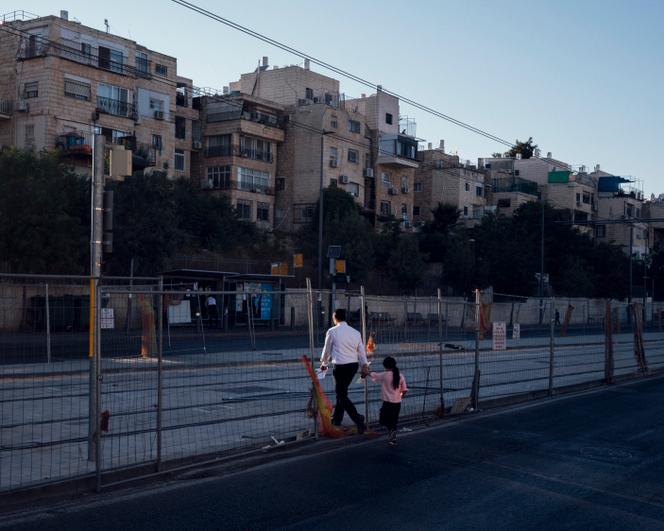


The July 19 ruling by the International Court of Justice (ICJ) that Israeli colonization of Palestinian territories has been "illegal" since 1967 will not be without consequences for French companies, part of whose activities are linked to this presence, according to several law experts interviewed.
Three French corporations are logged in a database created by the United Nations in 2020 that lists companies that have "directly and indirectly, enabled, facilitated and profited from the construction and growth of the settlements." The list is drawn up by the High Council for Human Rights, following a resolution passed in 2016 by the UN Human Rights Council. It only scrutinizes some sectors and, at the time of its last update in June 2023, listed 97 companies, the majority of them Israeli.
They include Altice International, owner of phone operator SFR; the world's number two in rail construction, Alstom; and Egis, which specializes in engineering for the construction and operation of infrastructure, and in which Caisse des Dépôts holds a 34% stake.
"When the ICJ states the Law, we can consider that it is the Law, so it's an important opinion which the French courts will inevitably seize upon if there are appeals against the companies in question," said Alain Pellet, professor emeritus at Université Paris-Nanterre and former president of the United Nations International Law Commission.
Even if companies are not subject to international law, they can be taken to court, on the basis of the duty of care. The principle, created in French law in 2017, is also applied by a European directive put in place in July, non-compliance with which can result in a fine. It puts the onus on most big companies to ensure that their activities do not infringe on human rights and respect environmental protection anywhere in the world, including with their customers and suppliers.
"The ICJ calls on states to adapt their legislation to prevent colonization and the support of the occupying power in these territories," said Philippe Valent, a criminal lawyer at the Paris bar. "For Europe, this means imposing compliance rules on companies and deciding on a package of sanctions. But that's unlikely at this stage."
Companies could be prosecuted on grounds other than participation in "illegal" colonization, according to the ICJ ruling. "It notes other forms of violation, such as discriminatory practices," said Valent. "So, for example, an inhabitant of the occupied territories who considers himself a victim could, assisted by an NGO, try to use it to prove the offense committed before a court in France."
You have 60.75% of this article left to read. The rest is for subscribers only.
